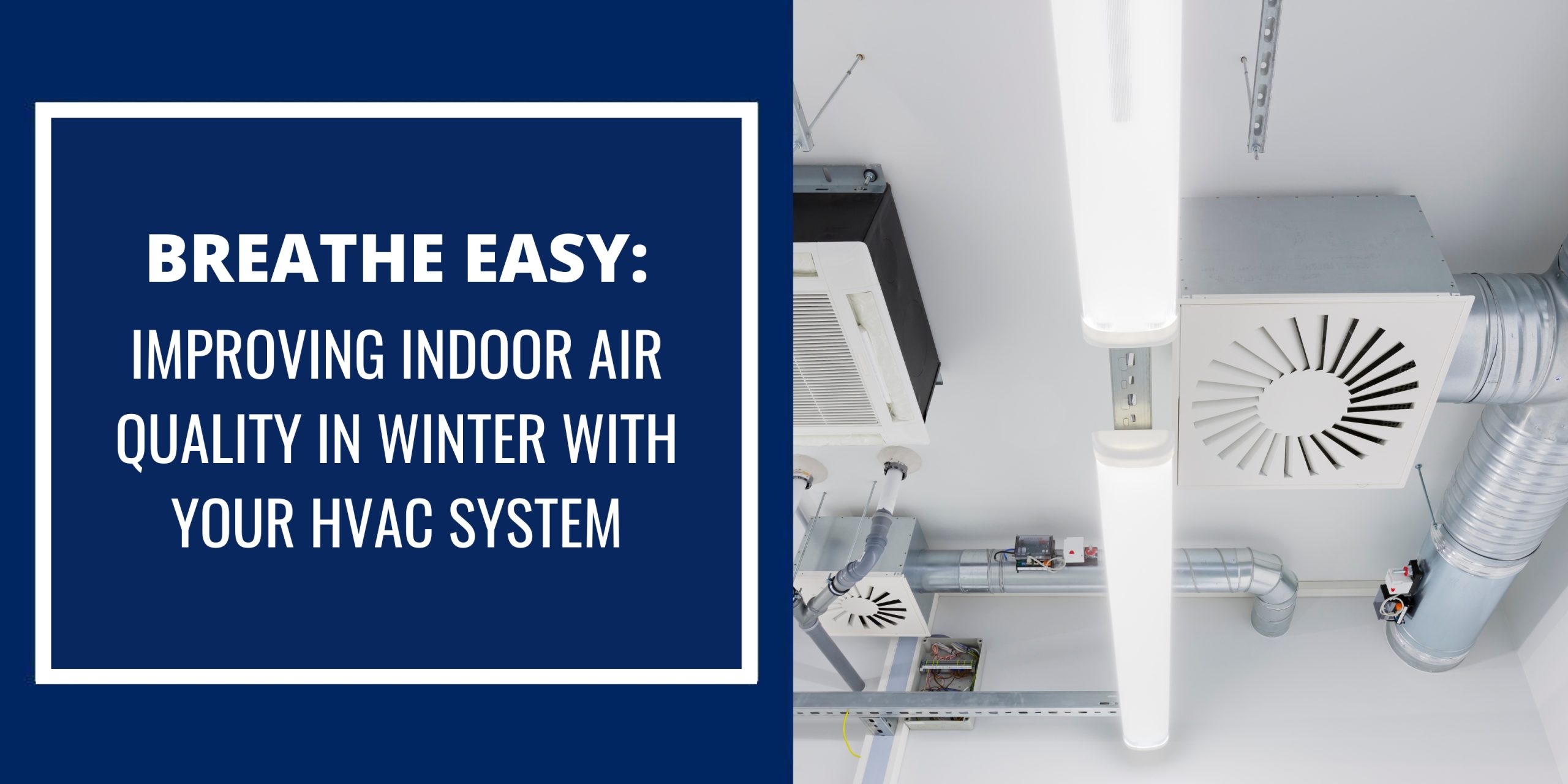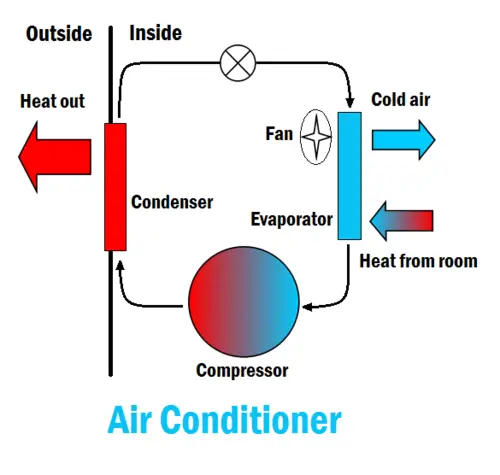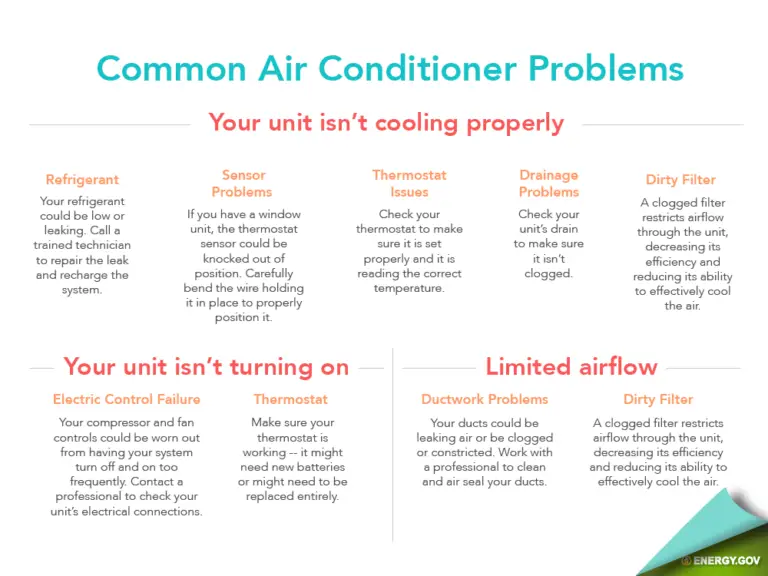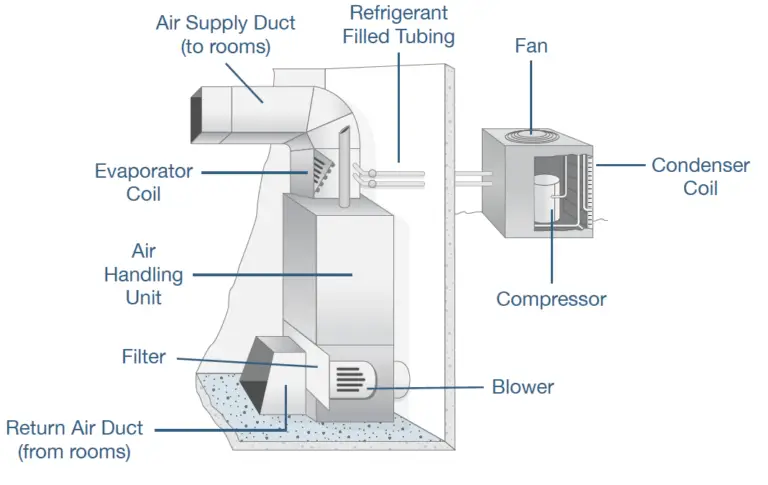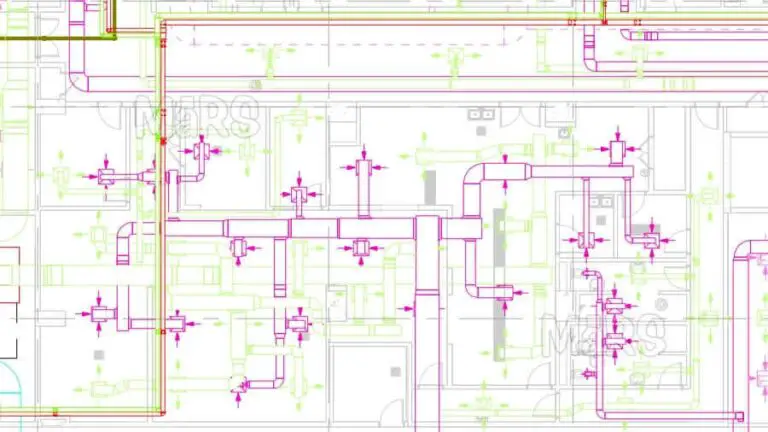Enhancing Indoor Air Quality with Your Central Air Conditioning System
Indoor Air Quality (IAQ) is a term that’s been gaining significant traction over the past few years, and for good reason. With most of us spending the majority of our time indoors, the quality of the air we breathe in our homes and office spaces can have a profound impact on our health and well-being. In a world where pollution levels are increasingly concerning, it’s vital to ensure that our home environment is as clean and safe as possible. Central to this mission is the often underappreciated hero of our comfort – the central air conditioning system.
This long-form post aims to provide homeowners and HVAC professionals with in-depth insights into why indoor air quality matters and how central AC units can play a pivotal role in enhancing it.
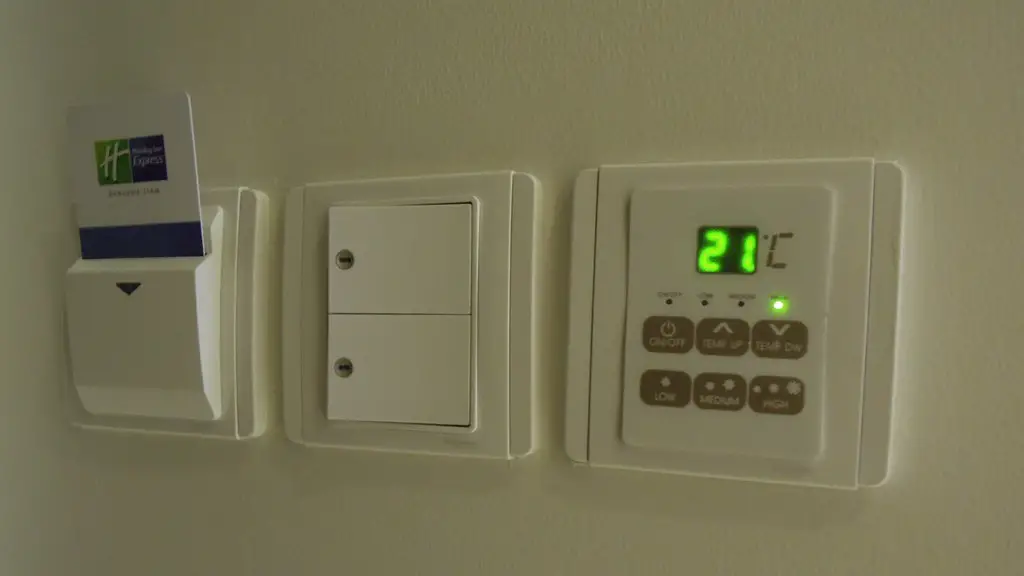
Understanding Indoor Air Quality (IAQ)
Before we can discuss how to improve IAQ with your central air conditioning system, it’s essential to understand what IAQ is.
What is Indoor Air Quality (IAQ)?
IAQ refers to the air quality within and around buildings and structures, especially as it relates to the health and comfort of building occupants. Understanding IAQ involves looking at various factors such as air pollutants, humidity levels, and ventilation that can affect air quality and ultimately our health.
Factors Influencing IAQ
Several factors can impact the IAQ of your home. These include:
- Indoor air pollutants: Sources within a building can release a myriad of pollutants including household cleaning products, paints, and solvents, tobacco smoke, and chemicals from building materials and furniture.
- Ventilation: Proper ventilation is crucial to dilute and remove the pollutants that can accumulate in indoor spaces.
- Humidity: The right levels of humidity can prevent the growth of mold and bacteria.
- Temperature: Maintaining a comfortable temperature can help with relaxation and sleep.
- Airflow and air changes: Proper air circulation and regular air changes can reduce the concentration of indoor pollutants.
Central Air Conditioning System and IAQ
Many homeowners may not be aware of the connection between their central air conditioning (AC) system and IAQ. In reality, the two are closely intertwined.
How Central AC Affects IAQ
The central AC system plays a significant role in IAQ by:
- Filtering the air
- Controlling humidity levels
- Circulating and exchanging air
- Preventing stagnant air and condensation that can lead to mold and mildew
Importance of Proper Maintenance
Ensuring the effectiveness of your central AC’s role in IAQ requires regular maintenance, including:
- Changing filters
- Checking for leaks in the ductwork
- Cleaning the evaporator coils
- Making sure drainage pans are not blocked
A well-maintained AC system not only provides cooler air but also cleaner air, positively impacting IAQ.
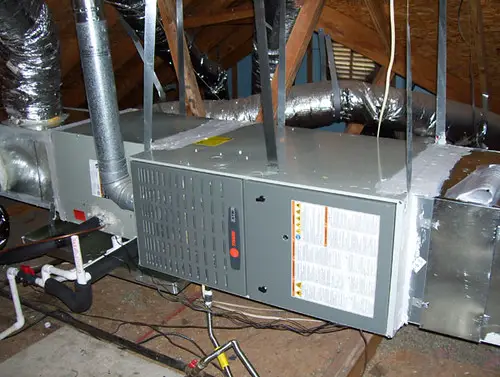
Enhancing IAQ with Central AC
To truly enhance IAQ, your central AC system can be an ally. There are several features and add-ons that can be integrated into the system to improve air quality.
Air Filters and Purification Systems
Investing in high-efficiency particulate air (HEPA) filters or electronic air cleaners can significantly reduce the number of airborne contaminants in your home. These systems work with your central AC to trap small particles such as dust mites, pollen, and pet dander that a regular filter might miss.
Humidity Control Features
Some advanced central AC units come with humidity control features that can regulate moisture levels, preventing mold growth and making the air you breathe less conducive to allergens.
Regular Servicing and Cleaning Tips
Maintaining a schedule for cleaning and servicing your central AC ensures it operates efficiently and contributes to better IAQ. Here are some tips:
- Change air filters every 1-3 months, depending on the type and usage.
- Keep outdoor units clear of debris and vegetation to prevent blockages.
- Have a professional clean the system’s ductwork every few years.
- Regularly check for and repair any leaks or damage to the system.
Benefits of Improved IAQ
The efforts you make to enhance IAQ with your central AC system can result in several benefits for you and your family.
Health Benefits
Improving IAQ can lead to reduced respiratory issues, fewer allergy symptoms, and better overall health, particularly for those who suffer from asthma or allergies.
Energy Efficiency
A clean and well-maintained central AC system operates more efficiently, reducing energy consumption and lowering utility bills.
Comfort and Productivity
Clean air contributes to a more comfortable and productive indoor environment, particularly during long work hours or in climates where air conditioning is frequently used.
Conclusion
Prioritizing indoor air quality is an investment in health and well-being. Given the pivotal role that central AC systems can play in maintaining good IAQ, homeowners and HVAC professionals should work together to ensure that these systems are not only keeping us cool but also keeping the air we breathe clean.
This comprehensive approach to IAQ, focusing on the partnership between homeowners and their central AC systems, can lead to a healthier living environment for all. Remember, the benefits of clean air go far beyond the absence of visible dust and must be an ongoing commitment in your household.
In the grand scheme of our lives, investing in IAQ with central AC might seem like a minor detail, but it is these kinds of small, consistent efforts that add up to a significant impact on our health and happiness. Take the time to assess your current IAQ situation, learn about the ways your central AC can contribute, and take meaningful steps to breathe easier at home.

